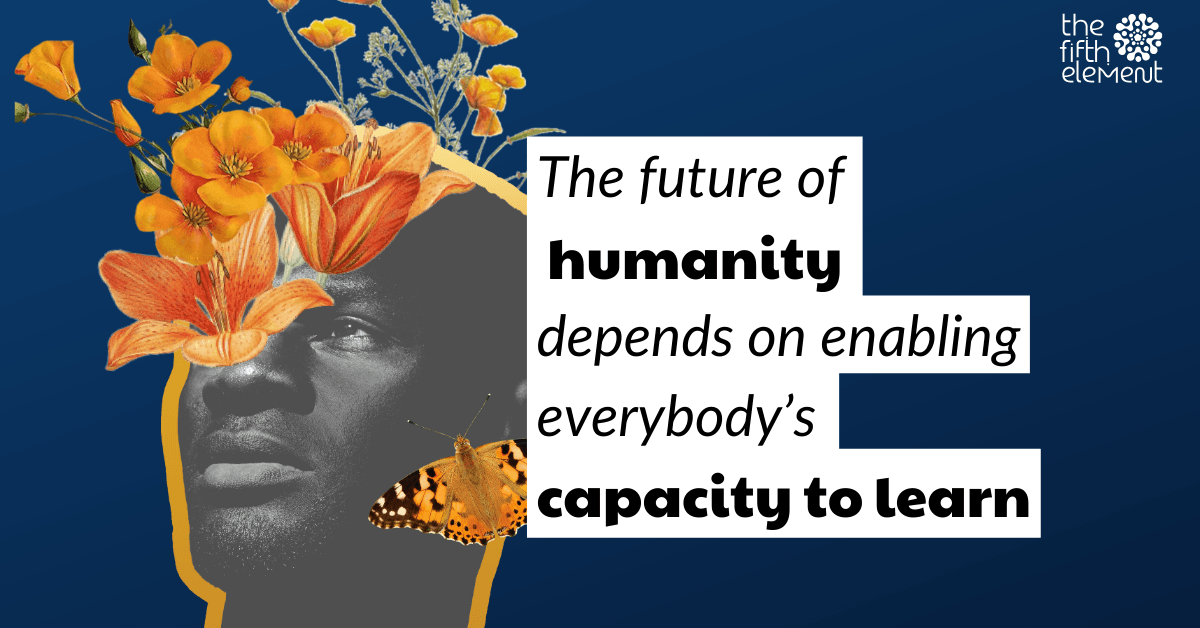18 December 2024
No Limits to Hope: A call for contributors


In 1972, The Limits to Growth warned of the potential collapse of human civilisations due to resource depletion and pollution. This was followed by No Limits to Learning in 1979, which emphasised the need to bridge the “human gap”—the disparity between our ability to transform reality and our understanding of the consequences.
Today, we face multiple existential threats, including climate change, biodiversity loss, social inequalities, and geopolitical tensions. To tackle these challenges, we must change how we think and learn. The Club of Rome, The Fifth Element, and WEEC Network have launched No Limits to Hope, a global initiative that aims to inspire educators, learners and citizens to pursue a global shift in learning paradigms to address humanity’s most pressing challenges.
No Limits to Hope seeks to bridge the “human gap” between knowledge and action and re-examine humanity’s quest for meaning and a good life. Through exploring new collaborative learning and problem-solving methods, the project hopes to catalyse cultural change, facilitate transformative learning, and create new knowledge.
A call for contributors
To reach these ambitious objectives, we invite researchers, educators, and practitioners who have explored new learning paradigms and their ability to foster systemic transformation for better futures on both the local and international scales to submit research proposals, papers, and case studies for consideration by 31 March 2025.
- Abstract (250-300 words) Submission Deadline: 17 April 2025
- Notification of abstract acceptance: 15 May 2025
- Longer contribution (1500-4000 words, biography included): 30 June 2025
- Review Period: March – October 2025. Contributors may be asked to submit further information.
- Notification of inclusion in manuscript: 30 November 2025
We are particularly interested in contributions that address the following questions and themes:
- What innovative educational practices have you explored or implemented that align with the goals of ‘No Limits to Hope’?
- How does your research address the challenges of the Anthropocene and the broken relationship between humans and nature?
- How can your findings empower educators and practitioners to drive systemic change?
- How do you incorporate traditional knowledge and indigenous wisdom into your research?
- What are the potential implications of your research for future learning and educational policies?
We invite you to join us in making a difference. By contributing to this project, you join a global initiative to help unlock the potential for learning to create a sustainable and equitable future.
For submissions and inquiries about the ‘No Limits to Hope’ project contact hope@weecnetwork.org

